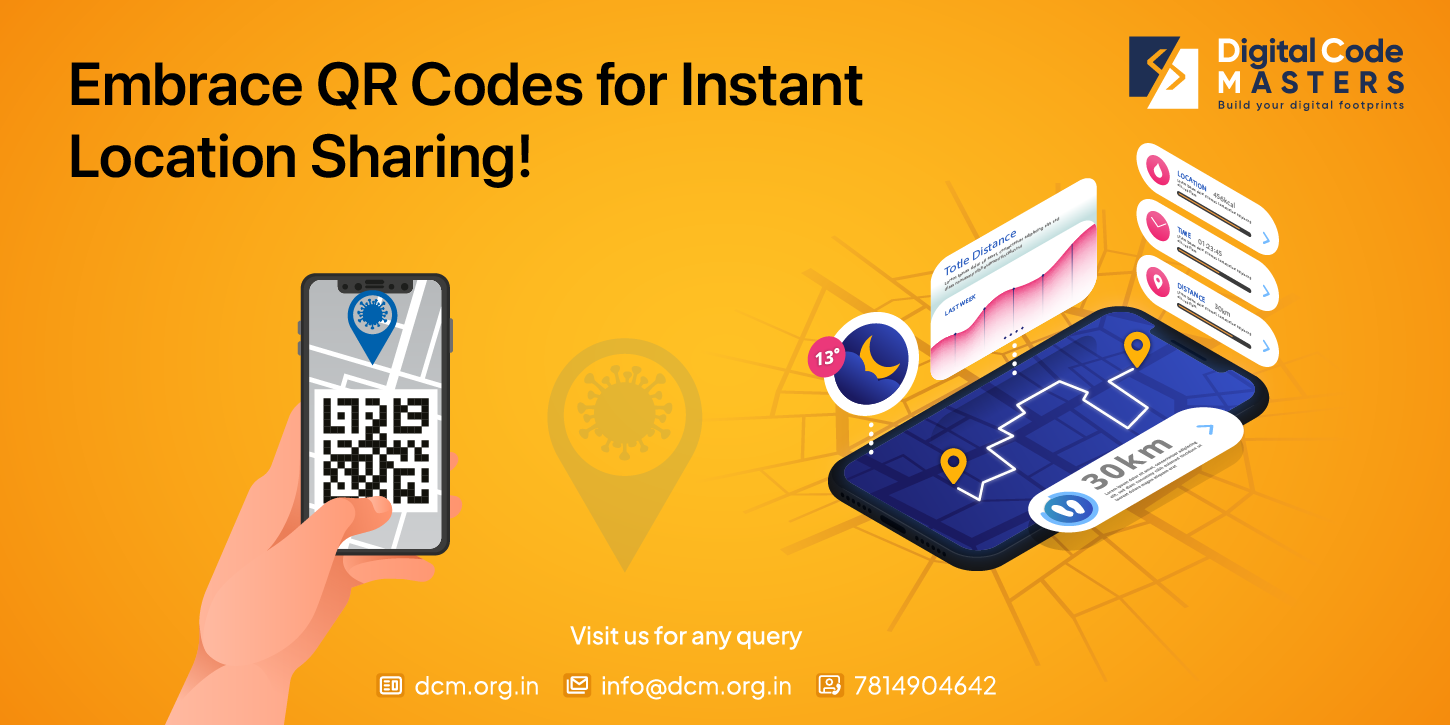
Introduction
In today’s digital age, where data breaches and identity theft are becoming increasingly common, the need for secure and reliable identity management systems is more important than ever. Traditional centralized identity management systems have several limitations, including the risk of a single point of failure and lack of user control over their own data. Decentralized Identifiers (DIDs) offer a promising solution to these challenges by providing a secure and user-centric approach to identity management.
What are Decentralized Identifiers (DIDs)?
Decentralized Identifiers (DIDs) are a new type of identifier that enables individuals to have control over their own digital identities. Unlike traditional identifiers, such as email addresses or social security numbers, DIDs are not owned or controlled by any central authority. Instead, they are based on decentralized systems, such as blockchain technology, that ensure the security and privacy of the user’s identity.
How do DIDs work?
DIDs are created using a combination of cryptographic keys and decentralized systems. Each individual is assigned a unique DID, which is stored on a decentralized ledger, such as a blockchain. These DIDs can then be used to authenticate and verify the identity of the individual in various online transactions and interactions.
Benefits of DIDs
There are several benefits to using DIDs for identity management:
- Security: DIDs provide a more secure approach to identity management by eliminating the risk of a single point of failure and reducing the likelihood of data breaches.
- User Control: With DIDs, individuals have full control over their own digital identities. They can choose what information to share with whom and have the ability to revoke access to their data at any time.
- Privacy: DIDs ensure the privacy of the user’s identity by eliminating the need for centralized identity providers that collect and store personal information.
Use Cases for DIDs
DIDs have a wide range of use cases across various industries, including:
- Financial Services: DIDs can be used to securely verify the identity of individuals in financial transactions, such as opening bank accounts or applying for loans.
- Healthcare: DIDs can enable patients to have control over their own medical records and securely share them with healthcare providers.
- Supply Chain Management: DIDs can be used to track and verify the authenticity of products throughout the supply chain, reducing the risk of counterfeit goods.
Challenges and Future Outlook
While DIDs offer many advantages, there are still some challenges that need to be addressed. These include scalability, interoperability, and regulatory compliance. However, with ongoing research and development, these challenges are expected to be overcome in the near future.
In conclusion, decentralized identifiers (DIDs) provide a secure and user-centric approach to identity management. By giving individuals control over their own digital identities, DIDs offer increased security, privacy, and user control. With a wide range of use cases and ongoing development, DIDs are set to revolutionize the way we manage and protect our digital identities.




